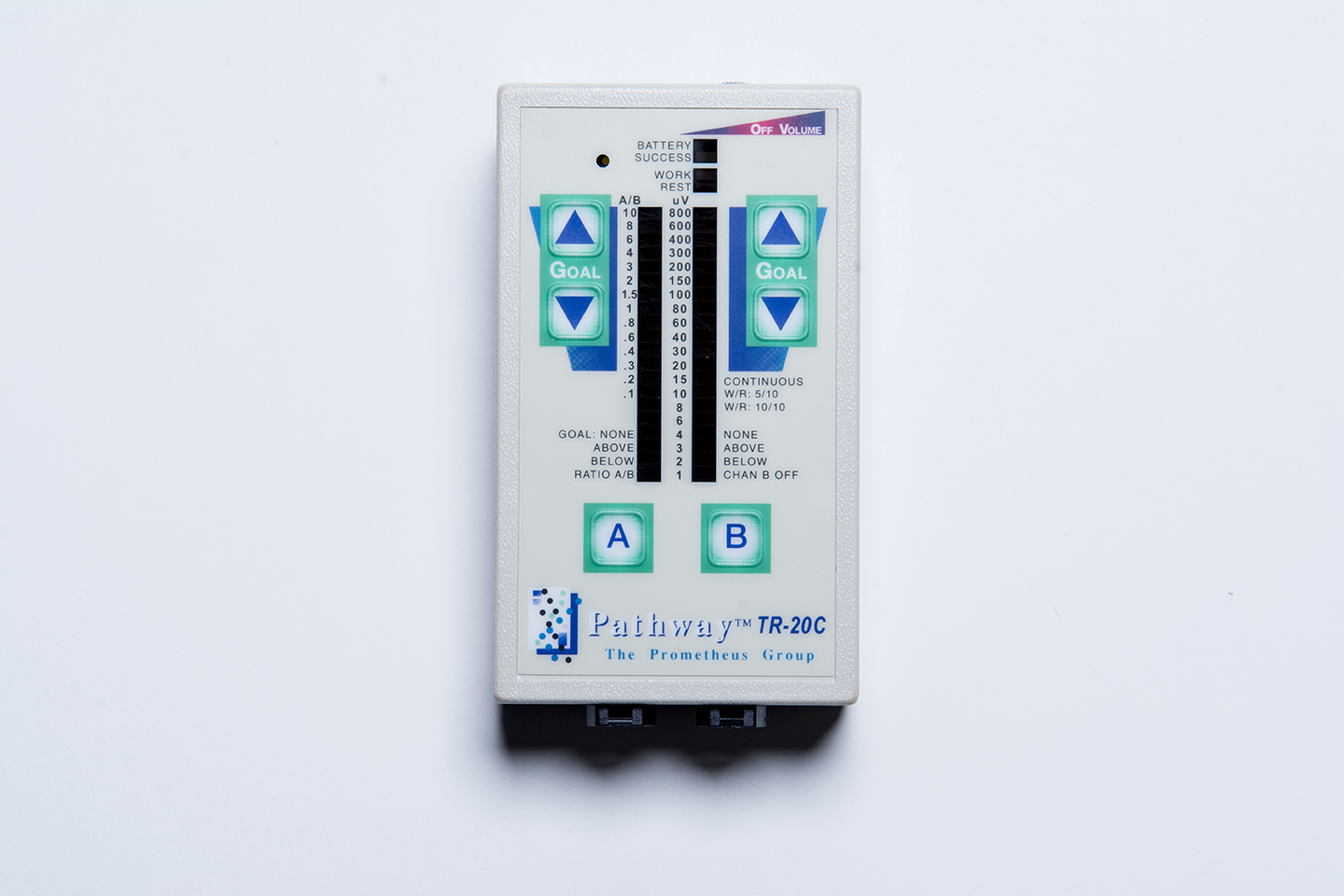Revealing the Mysteries of the Brain Through qEEG Brain Mapping Techniques in Mental Wellness Assessment
Revealing the Mysteries of the Brain Through qEEG Brain Mapping Techniques in Mental Wellness Assessment
Blog Article
Understanding the individual mind is a complex task, particularly when it comes to mental health. Traditional approaches of assessment often depend on conversations and surveys, which can sometimes miss crucial details about how the brain functions. This is where quantitative brainwave analysis, or qEEG, enters into play. qEEG is a specialized technique that assesses neural signals in the cerebrum. By examining these brainwaves, mental health professionals can obtain important understandings into a person's mental state, aiding to enhance assessment and intervention.
qEEG functions by applying small electrodes on the head to record brain signals. These electrodes measure neural impulses produced by nerve cells, the cells in the brain that communicate with one another. The information gathered is then processed and presented as a series of waveforms. Each kind of brainwave—such as α, β, delta, and theta—relates to various psychological states and activities. For instance, α waves are often linked with calmness, while beta oscillations are associated to active cognition and issue resolution. By analyzing these trends, healthcare providers can detect irregularities that may indicate psychological health concerns.
One of the significant benefits of qEEG is its ability to provide unbiased information. In contrast to traditional assessments that rely on personal accounts from clients, qEEG provides a clear picture of brain function. This clarity can help minimize prejudices in diagnosis and lead to more accurate treatment strategies. For example, if a client is facing anxiety, qEEG can show particular trends of neural function that are associated with anxiety disorders. This information allows psychological health experts to customize treatments more efficiently, whether it be through counseling, medication, or alternative treatments.
Additionally, qEEG can be especially useful in monitoring treatment progress. By conducting qEEG assessments at various stages during treatment, healthcare providers can monitor changes in brain activity over time. This ongoing evaluation helps determine whether a treatment is effective or if adjustments are click for source needed. For instance, if a patient is not responding to a particular treatment, qEEG may indicate that their neural activity has not changed in a way that indicates improvement. This feedback cycle can result to more customized and efficient psychological health treatment.
In summary, qEEG cerebral mapping is a potent instrument in the domain of psychological health evaluation. By offering unbiased information about brain function, it improves the understanding of various psychological health disorders. This method not only assists in precise assessment but also assists in tracking intervention effectiveness. As psychological health experts persist to investigate the capabilities of qEEG, it possesses potential for enhancing the well-being of people dealing with psychological health issues. With continuous investigation and advancements in techniques, the secrets of the brain may turn clearer, resulting to better results for those in need of assistance.